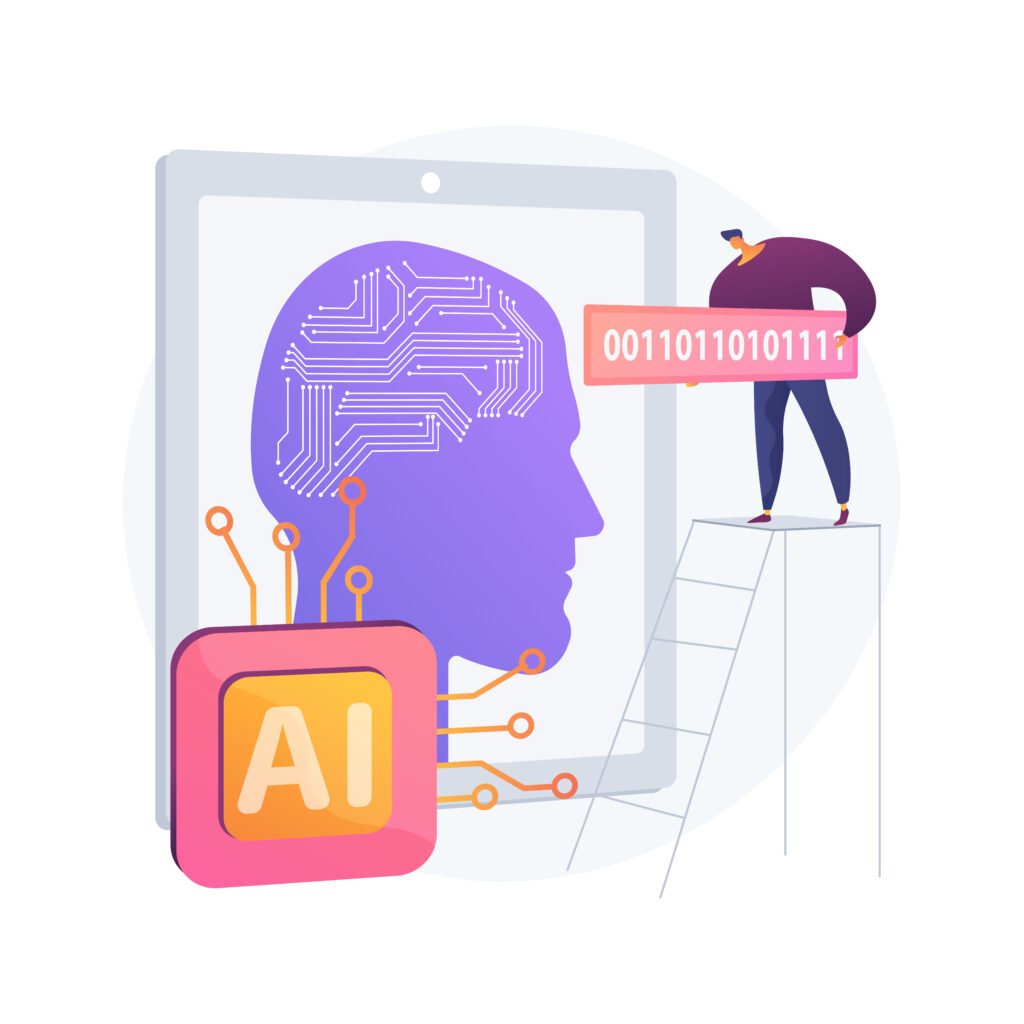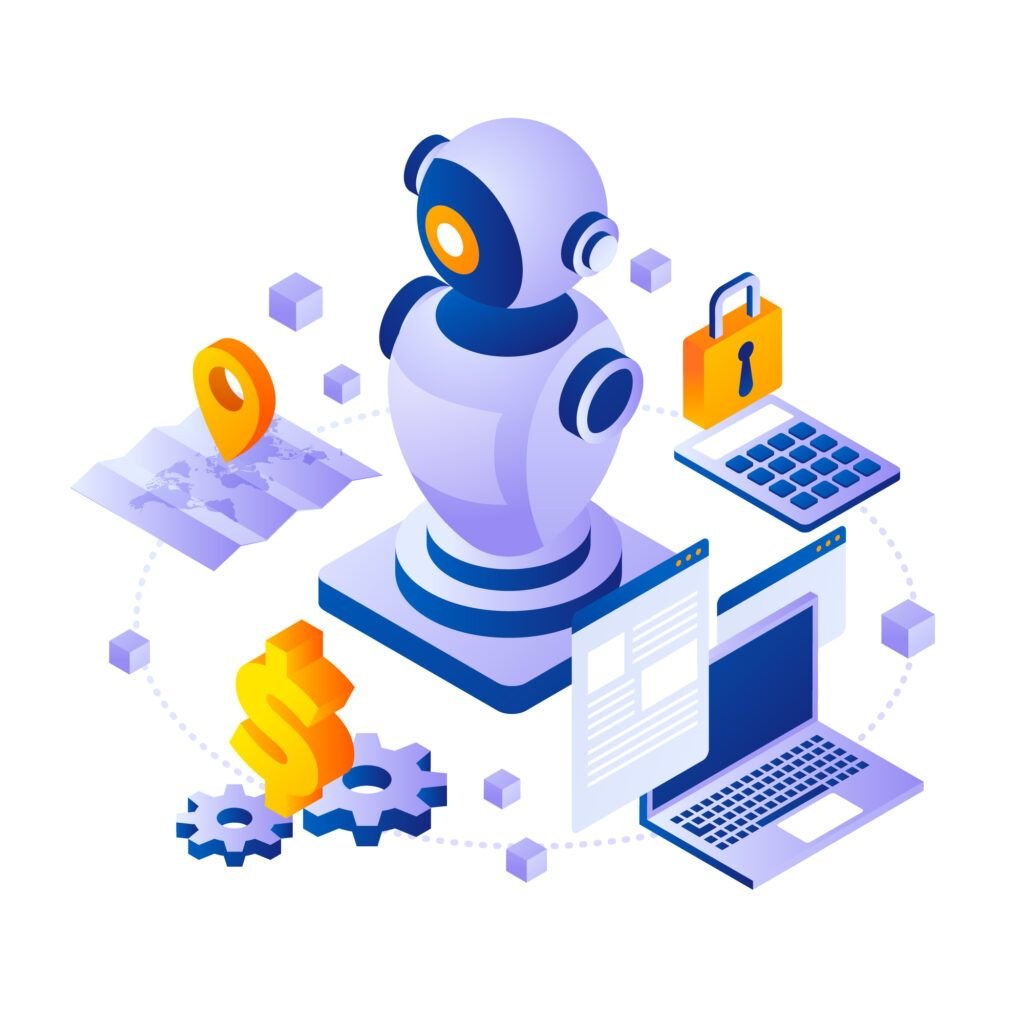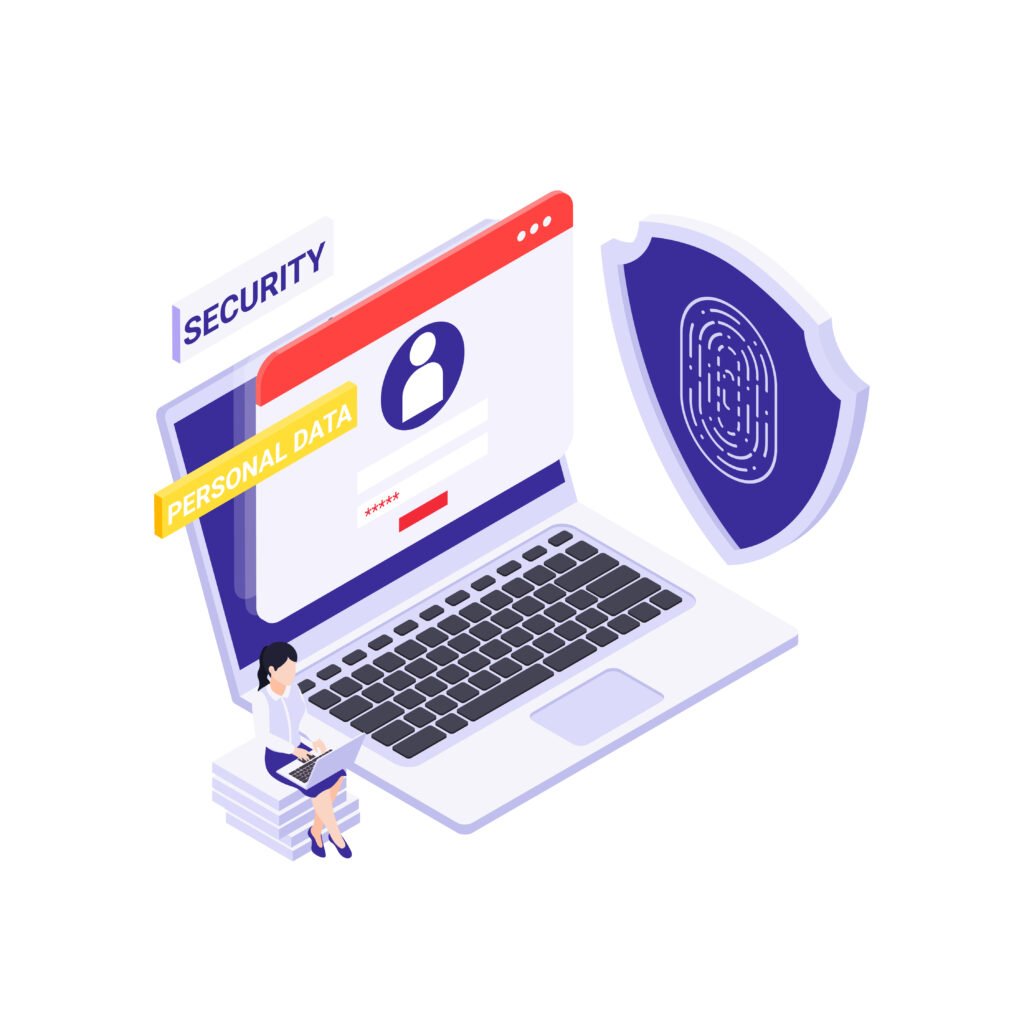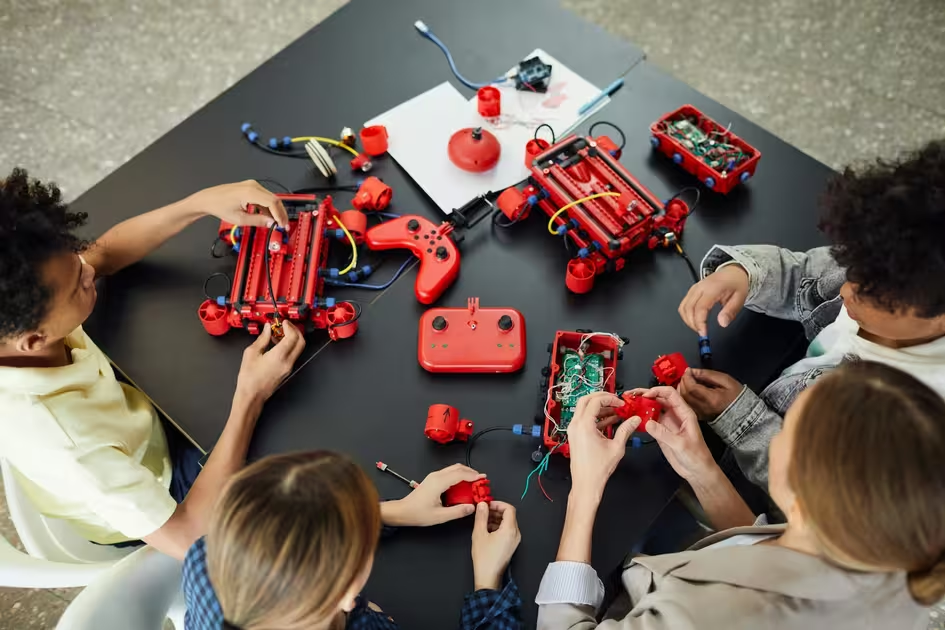Artificial Intelligence (AI) and Machine Learning (ML) are revolutionizing industries worldwide, particularly in healthcare, education, and automation. As we step into 2025, AI technologies are advancing at an unprecedented pace, leveraging large amounts of data to enhance personalized treatment plans, medical imaging, AI algorithms, and real-time decision-making. Similarly, Natural Language Processing (NLP) and AI-powered tools are transforming educationand artificial intelligence models by improving learning experiences and optimizing administrative workflows.
This article explores the best AI & ML breakthroughs in 2025 that are wager machine works reshaping healthcare, education, and automation, enabling professionals to make data-driven decisions while enhancing efficiency, accuracy, and accessibility.
AI & Machine Learning in Healthcare: Revolutionizing Patient Care
1. AI-Powered Personalized Treatment Plans
One of the most significant breakthroughs in AI-driven healthcare is the development of personalized treatment plans. AI analyzes vast datasets from Electronic Health Records (EHRs) to recommend customized treatment strategies tailored to individual patient needs.
- Machine learning models and ai model clouds predict patient responses to different treatments, reducing trial-and-error approaches in medical care.
- AI-powered decision support systems help healthcare professionals make more accurate diagnoses and treatment recommendations.

2. AI Algorithms in Medical Imaging and Disease Detection
Medical imaging has seen transformative advancements with AI algorithms capable of detecting diseases faster and more accurately than traditional methods.
- AI in medical imaging assists in identifying tumors, fractures, and neurological disorders from X-rays, MRIs, and CT scans.
- Machine learning models trained on large amounts of data can detect early signs of chronic diseases like cancer, diabetes, and cardiovascular conditions.
- Real-time AI-powered imaging solutions provide instant diagnosis and treatment recommendations, improving patient outcomes.
3. AI in Drug Discovery and Clinical Trials
AI is accelerating the drug discovery process by analyzing data including genetic profiles, chemical structures, and patient responses to develop new treatments.
- AI identifies promising drug candidates by screening vast chemical libraries in record time.
- Pharmaceutical companies are leveraging AI-powered platforms to develop vaccines and treatments for emerging diseases and pandemics.
4. AI-Driven Virtual Assistants and Chatbots
Bots known as chat and virtual assistants driven by AI are increasing patient involvement streamlining healthcare services.
- Chatbots provide 24/7 medical advice, appointment scheduling, and prescription reminders.
- NLP-based AI tools interpret patient symptoms and guide users toward appropriate medical care.
- Virtual health assistants integrate with electronic health records to provide real-time updates on patient progress.
5. Using AI to Manage Chronic Illnesses
Diabetes, high blood pressure, and heart disease are examples of chronic conditions that need ongoing care. AI-driven tools are transforming chronic disease care by providing real-time tracking and predictive insights.
- Wearable medical devices equipped with AI monitor heart rate, blood sugar levels, and activity patterns.
- Personalized AI-driven coaching assists patients in managing lifestyle choices for better long-term health outcomes.
AI & Machine Learning in Education: Reshaping Learning & Teaching
1.Customized Machine Learning Opportunities Driven by AI
AI-powered adaptive learning systems personalize course materials fundamental paper education according to each learner.
- AI algorithms analyze student performance, Machine learning habits, and knowledge gaps to provide tailored american education services recommendations.
- NLP-powered AI tools create interactive and engaging educational content for different learning styles.
- AI-powered tutors offer real-time feedback and personalized study plans.

2. AI in Classroom Management & Administration
Educational institutions are leveraging AI to optimize classroom management, grading, and administrative workflows.
- AI automates grading of assignments and exams, saving educators significant time.
- Smart scheduling tools optimize timetables and resource allocation.
- AI-powered chatbots assist students with enrollment, coursework, and FAQs.
3. AI-Powered Language Learning and NLP Integration
Natural Language Processing (NLP) is transforming language learning by providing real-time language assistance and personalized feedback.
- AI-driven platforms analyze pronunciation, grammar, and sentence structure to offer tailored corrections.
- AI chatbots simulate real-life conversations, enhancing linguistic proficiency.
- NLP-based translation tools break language barriers in global classrooms.
4. AI for Special Education and Accessibility
AI is making education more inclusive by assisting students with disabilities.
- Speech-to-text AI tools help students with hearing impairments follow lectures.
- AI-driven screen readers and personalized learning modules assist students with dyslexia and visual impairments.
- AI-generated subtitles and real-time translations enhance accessibility in online education.
AI & Machine Learning in Automation: Powering the Future of Work
1. AI in Robotics & Industrial Automation
AI-powered robotics are transforming manufacturing, logistics, and industrial processes by increasing efficiency and reducing costs.
- AI-driven robots perform complex tasks with precision, reducing human errors.
- AI-powered autonomous vehicles enhance warehouse automation and logistics management.

2. AI in Customer Service & Virtual Assistants
Artificial Intelligent chatbots and virtual personal assistants are being used by businesses to automate customer support and speed up response times.
- NLP-powered AI chatbots handle customer inquiries, complaints, and support tickets.
- AI analyzes customer sentiment to provide personalized recommendations.
- Voice assistants like Amazon Alexa, Google Assistant, and Apple Siri are enhancing user experiences across industries.
3. AI in Smart Cities and Infrastructure
AI is playing a crucial role in urban development, traffic management, and energy efficiency.
- AI-driven traffic monitoring reduces congestion and improves transportation planning.
- Smart energy grids powered by AI Machine learning optimize electricity consumption, reducing carbon footprints.
- AI algorithms predict infrastructure maintenance needs, preventing costly failures.
4. AI in Cybersecurity and Fraud Detection
As cyber threats increase, AI-driven cybersecurity solutions are helping businesses detect and prevent cyberattacks.
- AI-powered fraud detection tools analyze real-time financial transactions for suspicious activities.
- Machine learning models identify anomalous behavior in network traffic to prevent security breaches.
- AI-driven identity verification systems enhance authentication and data security.

The AI-Powered Future is Here
From personalized treatment plans in healthcare to AI-powered tutors in education and automation in industries, AI is unlocking new possibilities for businesses and consumers alike.
As AI continues to evolve, it will further reshape how we learn, work, and receive medical care, making processes more data-driven, predictive, and intelligent. By embracing AI responsibly, we can harness its full potential to create a smarter, healthier, and more efficient world.
The Role of AI Chatbots in Modern Classrooms
Among the most impactful advancements are AI chatbots, which are transforming modern classrooms by providing personalized learning experiences, instant assistance, and automation of administrative tasks.
1. Personalized Machine Learning with AI Chatbots
AI chatbots adapt to individual Machine learning styles and provide customized study materials based on a student’s progress. They analyze student performance using large amounts of data to offer targeted recommendations, helping learners improve in areas where they struggle. For example:
- Adaptive tutoring: AI-powered chatbots assess a student’s strengths and weaknesses and adjust lesson difficulty accordingly.
- 24/7 Availability: Unlike human tutors, chatbots are accessible anytime, providing immediate answers to students’ queries.
2. Enhancing Student Engagement
Modern students are accustomed to digital interactions. AI chatbots engage them through:
- Interactive Q&A sessions: Students receive instant answers to subject-related questions.
- Gamified learning experiences: Some chatbots integrate quizzes, challenges, and rewards to keep learners motivated.
- Real-time feedback: Chatbots help students track progress and improve performance through automated assessments.
3. Automating Administrative Tasks
AI chatbots are not only beneficial for students but also for educators and institutions by automating repetitive tasks, such as:
- Attendance tracking: AI-driven bots can record student attendance, reducing manual effort.
- Homework reminders: Chatbots send alerts and reminders about assignments and deadlines.
- Instant grading: AI tools can evaluate quizzes and assessments, providing immediate feedback.
4. AI Chatbots for Special Education
AI in education is also enhancing accessibility for students with disabilities. Chatbots offer:
- Text-to-speech and speech-to-text functionalities for visually or hearing-impaired students.
- Personalized Machine learning strategies for students with learning difficulties such as dyslexia.
- Multilingual support, ensuring education is inclusive for non-native speakers.
5. Overcoming Challenges in AI Chatbot Integration
While AI chatbots offer numerous advantages, some challenges must be addressed:
- Data Privacy & Security: Schools must ensure compliance with data protection regulations.
- Limited Emotional Intelligence: Chatbots cannot fully replace human interaction in classrooms.
- Training & Implementation Costs: Institutions need resources to properly integrate AI tools.
FAQs
How is AI transforming healthcare in 2025?
AI enhances medical imaging, personalized treatment plans, and real-time patient monitoring, improving diagnosis and treatment efficiency.
What role does AI play in drug discovery?
AI speeds up drug discovery by analyzing vast datasets, predicting molecular interactions, and reducing research costs.
What are the key benefits of AI in automation?
AI increases efficiency, reduces operational costs, and enhances decision-making across industries.








